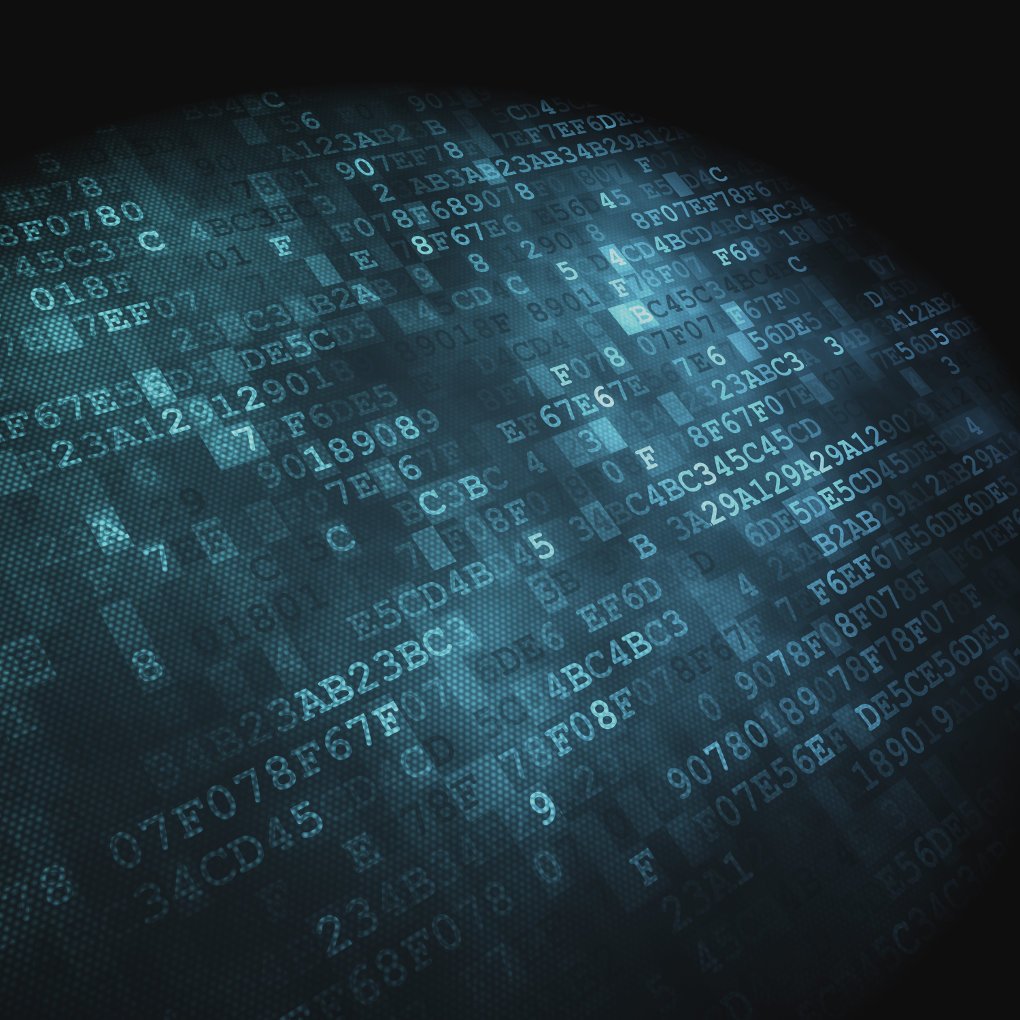Rationalist Software Developer Encounters Paradox and the Supernatural

I was freewriting a couple of days ago, trying to flesh out an idea for a new story. I wanted to explore the overlap between the rational and the transcendental. Given my own experience as a software developer, I thought it would be interesting to take a rationalist programmer, whose daily experience is with logic and code, and place him in a situation where his philosophy would be challenged by something that human reason alone would fail to explain.
I haven’t figured out what this story is going to be about. It’s been quite a challenge, because I want this to be fantasy rather than sci-fi, yet I also want the narrative to be driven by a technologically sound scenario.
His Profile
As I said, my main character is a developer. He develops for the web, though he has a more general background in computer science and develops many different kinds of software in his spare time. He loves that he can create something from nothing, that he can make a tool simply by describing to the computer how that tool should work.
He muses over the nature of data and instructions, over the difference between the two which is nothing more than semantics. He believes that thoughts and ideas, that everything abstract and seemingly transcendent about human nature, can ultimately be reduced to and explained in terms of software and computation. He ponders the nature of the soul, and reflects on the mystery of software as “the ghost in the machine.”
He wonders sometimes if reality is just data and instructions, a simulation in some cosmic-scale computer. He wonders if it would make a difference one way or the other.
He has the rare gift of being able to tunnel down into the code he’s writing, looking for potential bugs and vulnerabilities, while simultaneously maintaining a high level awareness of the software’s architecture. He has the type of mind that latches onto problems and won’t rest until patterns emerge. He has a strong love for logic, and will sometimes spend hours of his free time exploring alternate solutions to the same problems.
He’s a little detached from things that are outside of his own head; he sees the world through an abstract theoretical lens, through algorithms, heuristics and data. He often formulates logical probabilistic models to help him explain what he observes in other people and their behavior. He develops “risk models” in his mind that he thinks will help him to live his life while minimizing risk to himself. This abstraction leads him to dehumanize the world, so that he’s concerned primarily with his own self interest.
What I Want to Do With Him
As I hinted at in this blog’s title, I’d like to throw my main character into a situation that forces him to confront something paradoxical and supernatural. But I’m not exactly sure yet what that will be.
On the one hand, I want to stick as closely as possible to the technical realities of computers and software. On the other, I don’t want this to be too scientific because I’m going for fantasy, not sci-fi. I almost feel as if the story’s theme itself is paradoxical, because it seems to me that these two constraints are mutually exclusive.
One crazy idea I had was to introduce spiritual beings whose chosen incarnations were computers. But I think that’s far-fetched. I then thought about introducing the idea of a chaotic solution that, though rationally defined on the surface, always yields unpredictable results that eventually drive my main character, and perhaps much of the technical world later, mad. But that feels a little too sci-fi.
For the moment, I’ve hit a dead end and can’t go any further. No amount of freewriting will get me out of this dilemma, at least not for a while.
So…Why Did I Share This?
Because I thought it would be fun to share what I know about my main character so far. I think he’s interesting enough on his own that he’s worth sharing. Also, I guess there’s a part of me that’s hoping one of my readers will have ideas, since right now I’m pretty stuck. So please, don’t be shy! If you have any insights or ideas that might help me figure this out, let me know in the comments below. If I use anything that comes from you, I’ll be sure to give you credit.
Enter your email address and click "Submit" to subscribe and receive The Sign.
